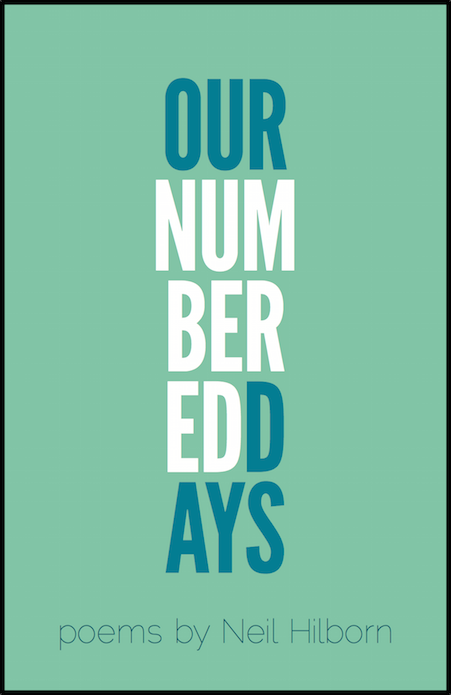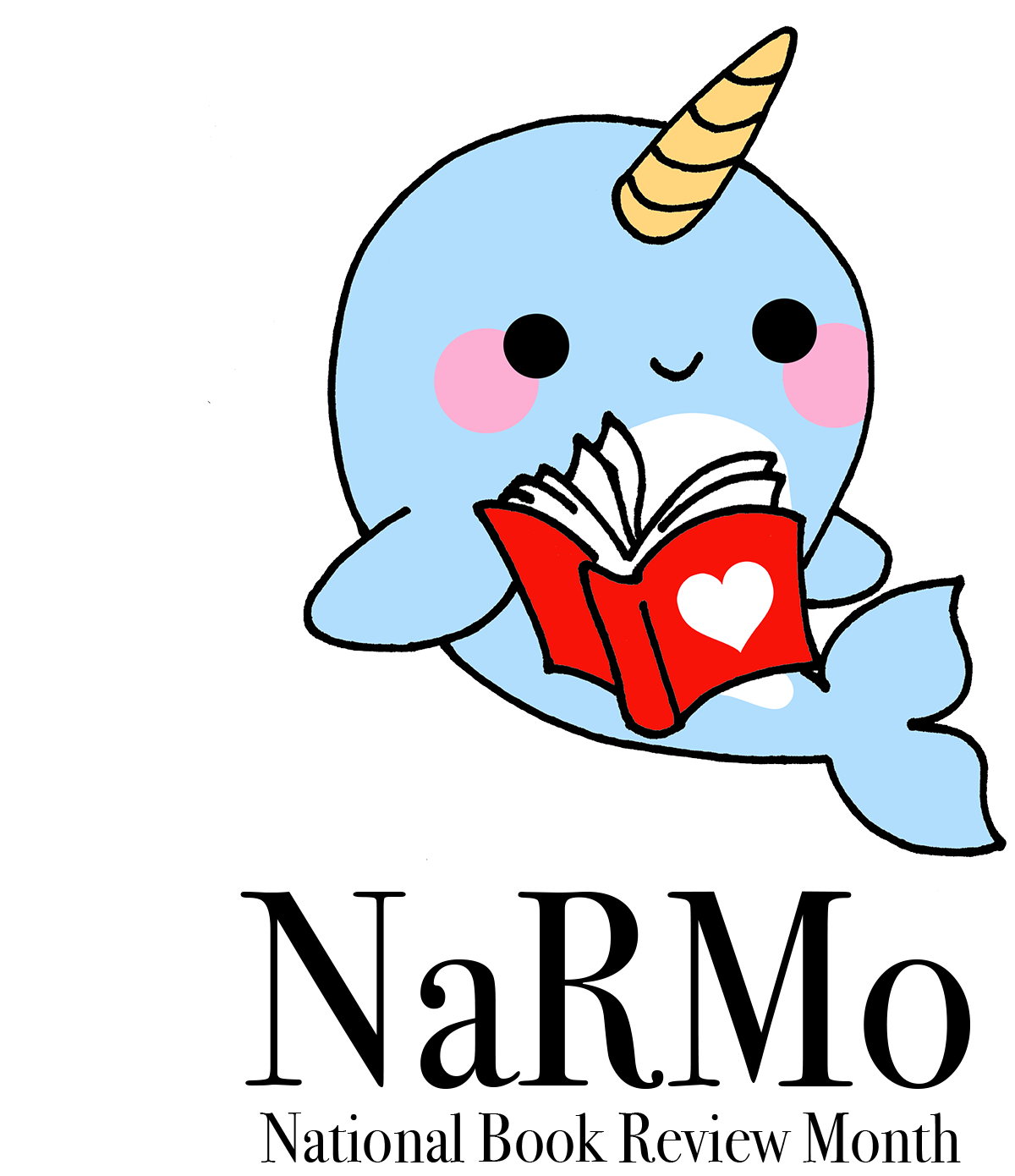
I first encountered Neil Hilborn when I came across a viral performance of his original slam piece “OCD” which can be found here. This poem is located in the center of Our Numbered Days making it, what I believe to be, one of the most important pieces in the entire book. “OCD” describes Hilborn’s own struggle with mental illness and how it led to the demise of one of his relationships. He wrote: “She told me that she shouldn’t/ have let me get so attached to her,/ that this whole thing was a mistake,/ but how could it be a mistake/ that I don’t have to wash my hands/ after I touch her? Love is not a mistake.” It is this same heart-wrenching language that is weaved throughout each of his sarcastic, melancholy, yet pragmatic poems. Hilborn portrays the painful confines of mental illness with humor, making that which seems unbearable worth fighting through. Hilborn is not shy about heavy topics such as suicide, nor about pressing social issues of our time. The back cover of the collection references Hilborn’s unapologetic nature: “Our Numbered Days is like playing mini golf on a first date: it will be embarrassing at first, but, it swears, you’re gonna love it.”
So why does this collection matter? I think the answer is that Hilborn writes what many of us don’t know how to put into words. For example on page 18, Hilborn’s poem “Future Tense” is about losing a fourth (and only true) love: “when she leaves you, ask your roommate/ to hide the knives because you will carve/ her name into all the food in your fridge. […] she made you want/ to live more than anything else, and now/ she makes you want to leave the world/ because you have seen it.” The line break at “carve” first led me to believe the speaker would say something like “carve your skin” but Hilborn subverts our expectations, letting us know that the speaker wants his lover’s name everywhere because he will find her everywhere. Hilborn creatively dodges saying “she is my world,” avoiding overdone cliché. This same raw honesty can be found in “Here and Away” on page 53: “I am not saying that you will find the meaning of life/ in other people./ I am saying that other people/ are the life to which you provide the meaning.” This connects with “Future Tense” clarifying that that speaker attached meaning to his fourth love. I believe Hilborn is using his poetry to assert that we, as human beings, create meaning in our own lives.
An integral part of “Our Numbered Days” is the struggle surrounding depression (Hilborn’s own, and that of the speakers he personifies). In “Here and Away” the speaker says: “It takes so much/ less energy to not exist than it does to exist” and counters that negativity by later adding: “isolation is not safety,/ it is death. If no one knows you’re alive,/ you aren’t” (53). While Hilborn is describing the torment of depression, he doesn’t solely lament over it. He uses the phrase “If no one knows you’re alive,/ you aren’t” to give his readers “tough love”. Yes, one may be depressed and reading this poetry about being depressed, but nothing is going to change unless one does something about it. Hilborn also focuses on different implications what it means to have a mental illness. In “Joey” the speaker mentions how his friend was unable to get help:
[…] I can pinpoint the session
that brought me back to the world. That session
cost seventy-five dollars. […]
It took weeks of seventy-five dollars to get to the one
that saved my life. [Joey and I] both had parents that believed
us when we said we weren’t ok, but mine could afford
to do something about it. (8)
This raises larger questions about the United States’ healthcare system. Why aren’t those who need help for a mental illness getting it? Hilborn uses his poetry to make readers think about important questions like these.
Something I particularly enjoy about this collection is the witty humor Hilborn employs to cut some heaviness of the material. In “Ballad of a Bruised Lung” he claims: “… maybe things do/ happen for a reason, but that reason is stupid” (6). In this simple comical phrase, Hilborn asks us to challenge our everyday beliefs; he wants us to question if the way we were raised impedes the way in which we carry ourselves. Humor is utilized to give life to that which is ordinary: “… parallel/ parking is like making love but more difficult/ and in public” (46). Lines as ridiculous as these make readers think about Hilborn’s creative process: how is parallel parking like making love? And why did he write “making love” rather than “having sex”? Hilborn wants readers to question his work, to use his pieces as a means of learning not only about oneself, but also about the world around him/her/them.
I find myself reluctant to discuss shortcomings of “Our Numbered Days.” The collection is vast in its coverage of what it means to have a mental illness. It also contains several moments that attempt to raise readers up from their struggles. The poems live up to the collection’s title, emphasizing how even though we suffer through hardship, we can’t spend all of time suffering—our days are limited. If I had to choose one specific qualm I have with this book, it would be that the pages are not numbered. The collection is published by Button Poetry, a renowned organization known for the recording and posting of slam poetry performances on their ever-growing YouTube channel. It seems unprofessional to me that such a distinct organization could leave page numbers out of one of their books. Other than this mistake, I don’t believe Hilborn’s book is lacking in any specific domain.
To be honest, it was hard to write this review without calling Hilborn by his first name. His poems invite readers into the intimate troubles of his own numbered days. As a writer and someone who struggles with mental illness, I feel like I connect with him in a personal way. For example, he writes: “When I say/ I am in love I am also saying the world/ makes sense to me right now” (21). What makes these lines so special is that I can feel them: I know what it means for the world to make sense, and I know what it means for it not to. Hilborn forces us to admit to our struggles, accept them, and to get out of bed. We don’t know if we’ll be able to tomorrow.
Reviewed by: Arianna Miller
